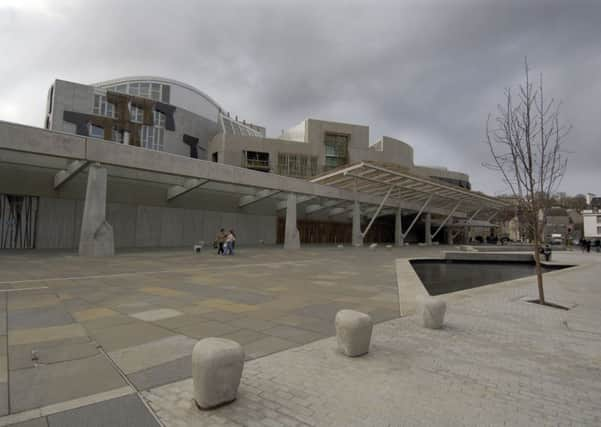MSPs warned of ‘democratic deficit’


Professor James Mitchell, from the University of Edinburgh, will present the views of third sector bodies on strengthening local democracy at Holyrood’s Local Government Committee.
Party politics “sometimes works to the detriment of local problem solving”, according to an Edinburgh University report drawn from a third sector discussion forum.
Advertisement
Hide AdAdvertisement
Hide AdReal power “is not actually with elected politicians” but with “officials, quangos and central government, which can hinder a culture of accountability”, the forum found.
The report states: “The forum felt strongly about the current ‘democratic deficit’ as reflected by the ‘disconnect between our political systems, elected politicians and the rest of us’.
“Many criticised that MPs, MSPs, councillors and community councillors assume that they embody the democratic system.
“Forum participants argued that should not be the case, and that democracy should be understood as a broader domain that involves everyone.
“Some criticised the logic of party politics and representative democracy, stating that ‘the system is broken’ and ‘the trust is gone’.
“For others, the problem is that local issues ‘become tarnished with a party political position’, and that ‘party thinking stops new ways of working’. This can be to the detriment of local problem solving.”
It added: “The forum outlined problems regarding how local authorities and public services function.
“For instance, some argued that decisions are often ‘taken outside of politics’, and therefore ‘real power is not actually with elected politicians’ but with ‘officials’, ‘quangos’ and central government, which can hinder ‘a culture of accountability’.”